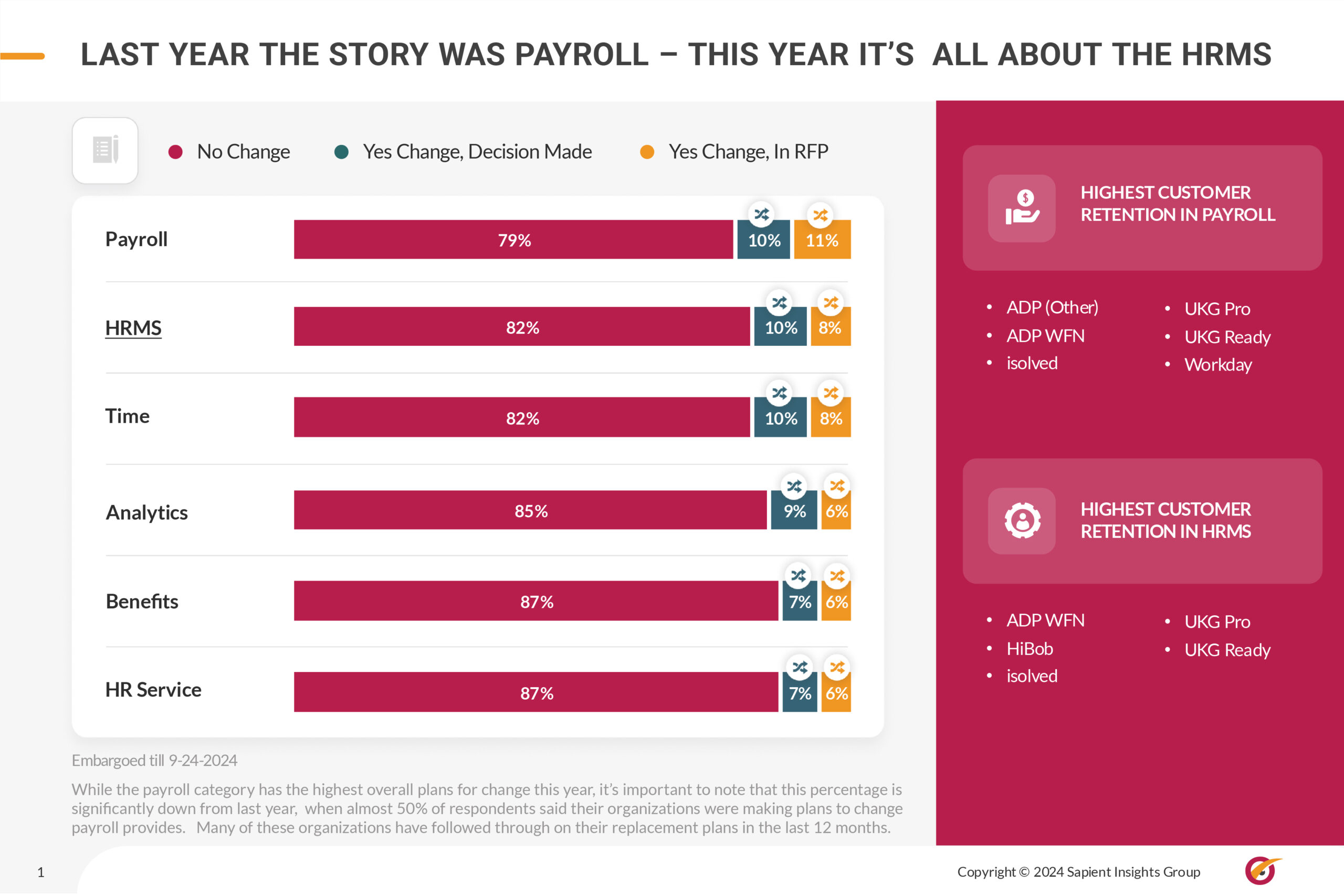Remote working in India enables companies to hire from smaller cities
- Charles Chau
- Topics: Flexible Work, Home Page - News, India, Mobility, News, Recruitment, Restructuring

The hiring of contract staff from smaller towns is set to rise as companies increasingly warm up to the concept of staff working from home. In particular, business process outsourcing (BPO) and IT-enabled services would benefit from this trend.
The additional number of contract workers employed by the IT-BPM (business process management) sector is about 25,000. Indian Staffing Federation (ISF) president Lohit Bhatia said this number is expected to increase as companies expand their recruitment of staff geographically from the top 40 cities to the next 200 towns.
“With jobs now moving to the ‘work from anywhere’ model, companies especially in the BPM / BPO / IT sectors will find it easier to employ people in smaller towns,” said Bhatia. This would help IT companies set up outfits in small towns and do local recruitment.
However, even as these companies have allowed their staff to work from home, especially during the lockdown period, some projects are still not feasible based on this model.
For example, banks, which are particularly concerned with data security, are averse to IT staff working from their homes. As such, the hiring in small towns have been limited to businesses in retail, e-commerce, delivery and platform-based operations. Significantly, these jobs are likely to be changed to permanent positions unless the government revises the regulations which would not be likely.
READ: India: 50% of Delhi public employees to WFH
Also, state governments would be opposed to the idea of the jobs moving back to the bigger cities and try to keep the offices in the smaller towns.
ISF data showed that in 2020-21, 24,900 contract staff is estimated to be added in the IT-BPM sector, compared with 10,000 last year. The number of contract hires versus the total number of employees in this sector is expected to increase 0.5 percentage points to just under 3% this year, said Financial Express.






